Listen
http://rss.acast.com/viewfrom22/theosbornesupremacy/media.mp3
The exhausted Labour leadership contest takes a bucket-and-spade holiday next week, with all four candidates agreeing to an uneasy truce on hustings — but probably not hostilities. It’s clear everyone could do with a bit of a rest, not least because they need time to sit down, scratch their heads and ask how on earth things got to where they are.
Jeremy Corbyn, the veteran socialist, is still ahead — and not just in published polls, but in the returns all the campaigns are seeing. With private data putting him far ahead of the next candidate, Andy Burnham, even dry insiders believe there is a 50/50 chance of Corbyn winning. Labour staffers, fearing they may get the sack if he really does win, are dazed and miserable. Meanwhile, the candidate for the faction that claims it knows how to win elections, the Blairite Liz Kendall, is in last place. Whether or not Corbyn wins the leadership, one thing is clear: Blairism is finally at death’s door.
Blairites tend, rightly, to mention the three elections their hero won when critics ask if they know what they’re talking about. But to win a general election, you need to win your party’s leadership election first. And those keeping the New Labour flame alive aren’t doing so well at that.
Kendall herself talks to a membership she wishes existed: one that believes Labour should support some welfare cuts and Britain should live within its means. But when she made that last, seemingly innocuous point at a hustings in Brighton recently, she was booed. It would be a huge ask for any candidate to move the established political convictions of a party electorate during a leadership contest, and she has clearly failed.
Even Kendall’s allies accept she hasn’t managed to charm the membership. Initially, she seemed to be the exciting ‘change’ candidate, with bold policy pronouncements. But since then, an understandable attempt by her advisers to polish her rougher edges has had the counterproductive effect of making her less interesting. And some now question whether those first few weeks really were good for her campaign. ‘When you say Liz had a good campaign, what you mean is she was getting good write-ups in the media,’ says one supporter. ‘Everything she was saying was still really upsetting the membership.’
The Blairites seem genuinely surprised by the way the party membership is acting. It is as though they have failed to notice the way it has shifted over the past decade.
Blair never won the membership round to supporting his project for the long term. As far back as 2008, the party’s middle-class, middle-aged members were starting to drift away and be replaced by younger, more metropolitan and more left-wing members. That leftward drift was then intensified during Ed Miliband’s leadership, and again after this year’s election. But it seems most MPs were blissfully unaware of the changes. It was not ‘moronic’ of Labourites to nominate Jeremy Corbyn to ‘broaden the debate’, even though they didn’t support him, but it is a damning indictment of the parliamentary party’s understanding of the membership that they thought this would be just a wizard wheeze, rather than something that members hungered for. Labour handed membership data to the four candidates shortly after the ballot paper was finalised, and only then did they all really start to understand the character of the people they were trying to woo.
Leading Blairites accept they haven’t been as organised as the left of the party. A number of new left-wing Labour MPs have a paid Unite organiser co-ordinating their activities, and the unions are well-financed and savvy. The centrist Progress faction simply hasn’t caught up.
Indeed, the modernisers seem rather retro, stuck in a late 1990s groove. Kendall even managed to repeat almost verbatim Tony Blair’s speech about the contest in an article for the Observer last weekend. More thoughtful Blairite MPs point out that even a playbook as successful as the 1997 one does need updating. It should, for instance, recognise the rise of nationalism as being as important a sentiment as a yearning for a strong leader and trustworthy economic policies. Blair’s successors need to show they have added their own wisdom to his. At the very least, they need to find a new name: the media will always tag them with the toxic ‘Blairite’ until they offer a new, distinct identity.
Those who are unencumbered by the misery of the leadership contest are trying to work out how Labour modernisers can make their case while their party shifts to the left and George Osborne orders his tanks into the centre ground. Chuka Umunna held meetings this week with Italy’s Europe minister, Sandro Gozi, partly to take notes on Gozi’s Partito Democratico and its success in winning arguments from the centre left. Umunna is also interested in the way the Tories managed to strengthen their case in opposition by using external organisations such as the Taxpayers’ Alliance and the Centre for Social Justice. He feels Labour lacks that sort of institutional support, and is keen to replicate it.
In the short term, the Blairites are likely to end up at the back of the queue of people claiming they should still be listened to after the leadership contest. If Corbyn wins, they are not planning a coup against him, but instead say they will ‘give him enough time to hang himself with his own rope’. In that time, the centrists need to change their whole identity and pitch to prove they understand not just how to win a leadership contest — but a general election.
Got something to add? Join the discussion and comment below.
Get 10 issues for just $10
Subscribe to The Spectator Australia today for the next 10 magazine issues, plus full online access, for just $10.


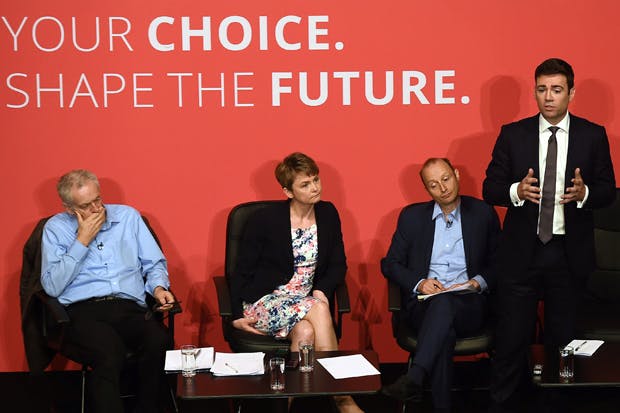
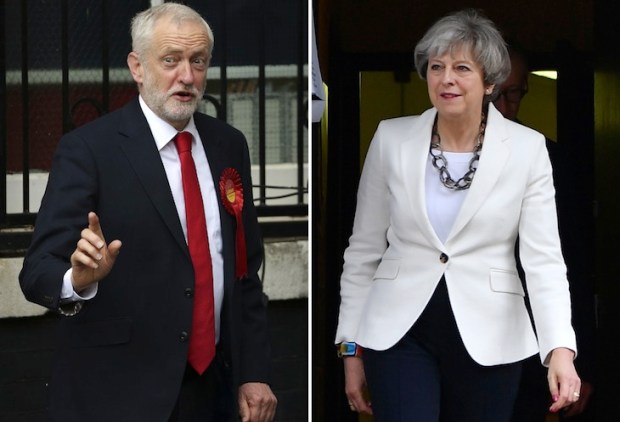
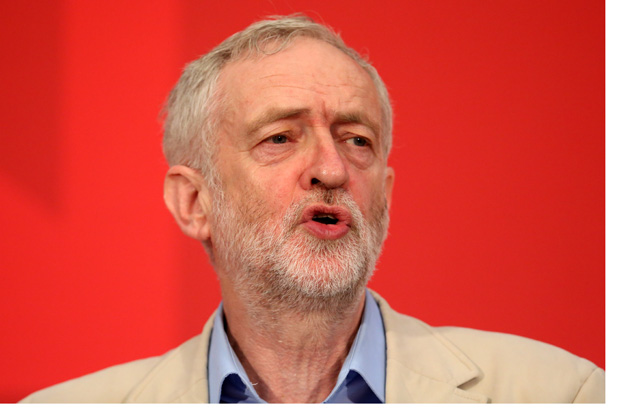
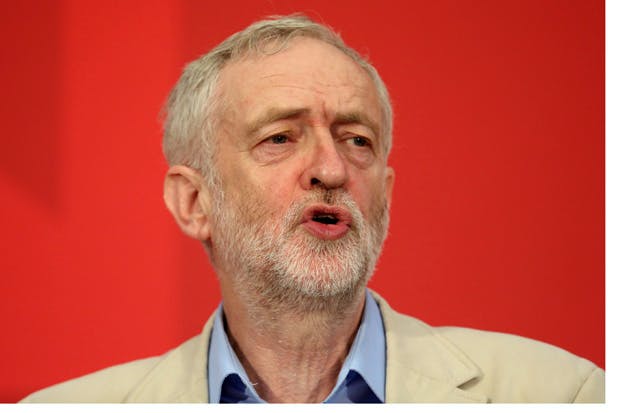
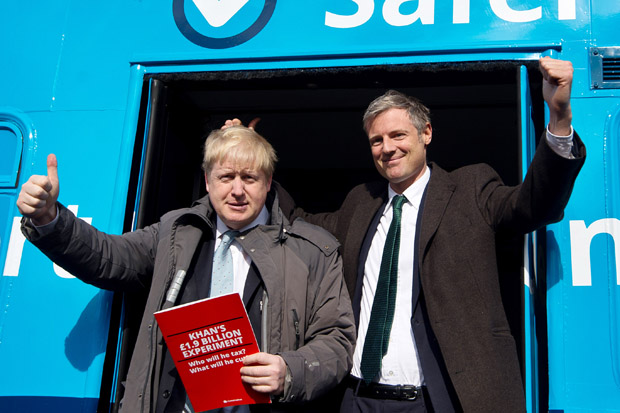
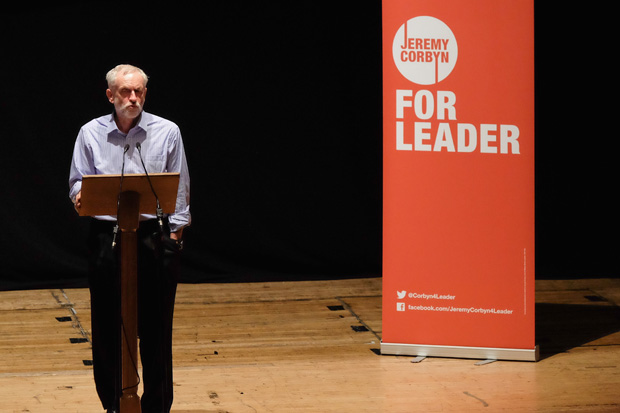
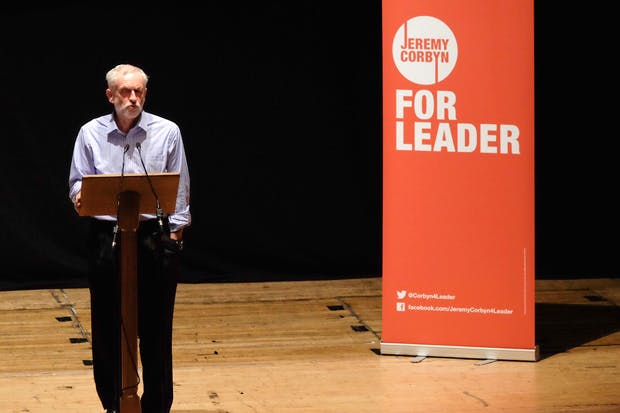






Comments
Don't miss out
Join the conversation with other Spectator Australia readers. Subscribe to leave a comment.
SUBSCRIBEAlready a subscriber? Log in